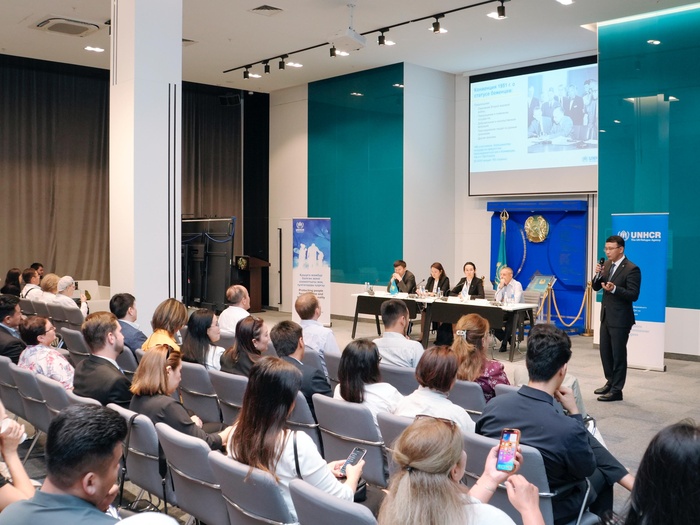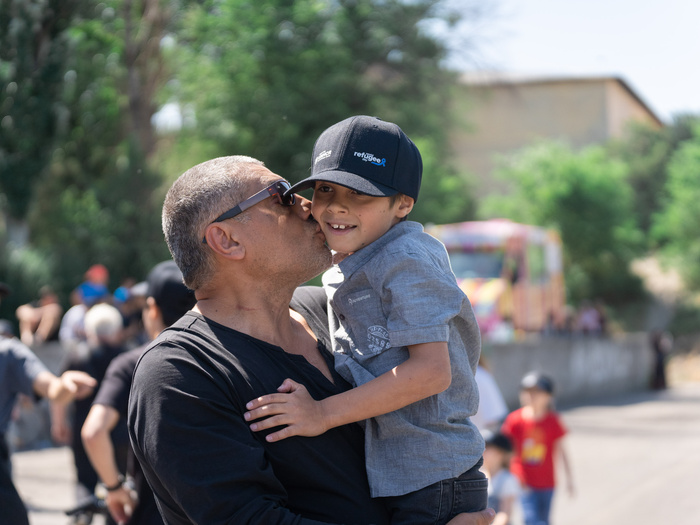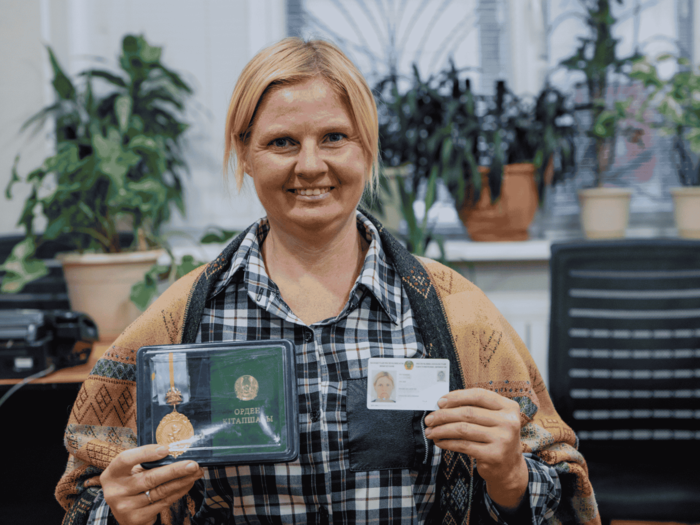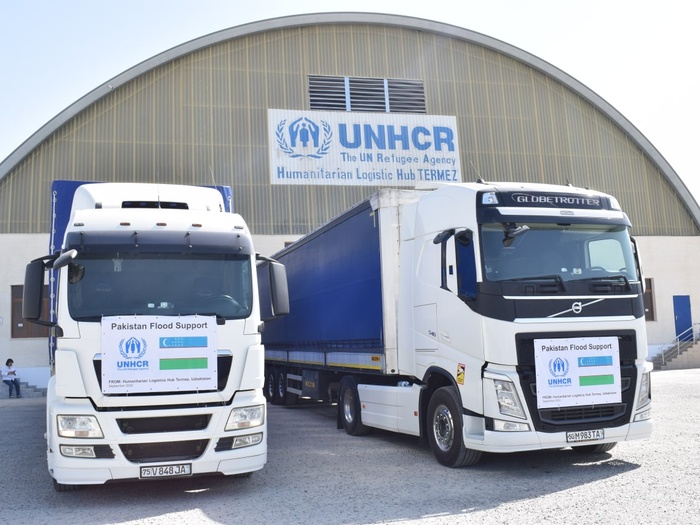UNHCR in Central Asia
UNHCR in Central Asia
Since their independence in 1991, Central Asian countries have generously sheltered thousands of people fleeing war, persecution, or human rights violations.
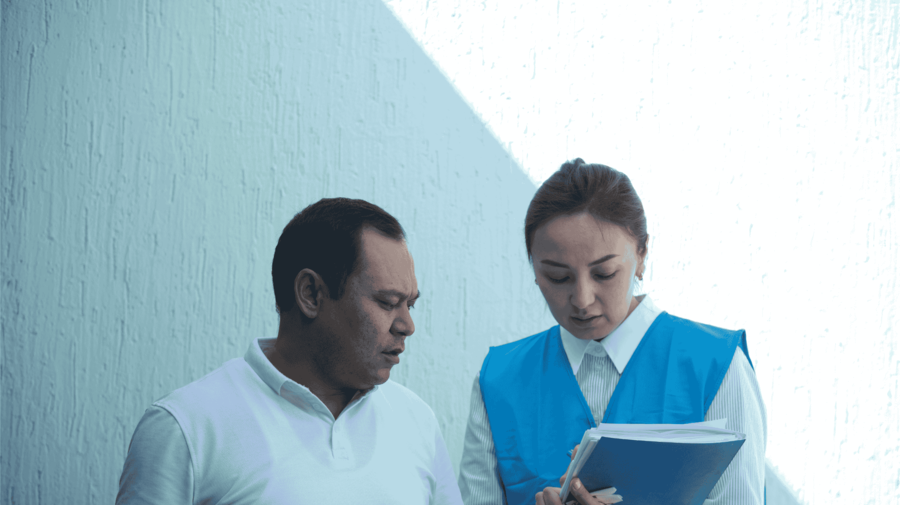
UNHCR established offices in Central Asia in response to the 1992-93 civil war in Tajikistan and the war in northern Afghanistan that had displaced thousands of people. As these displacement situations stabilised, and the displaced populations reduced, UNHCR shifted focus from emergency response to advocacy and capacity building.
Central Asia was also home to a considerable stateless population – largely a result of the dissolution of the Soviet Union in 1991. Without legal identity, stateless people often have difficultly accessing basic rights and services such as education, healthcare, employment and freedom of movement.
UNHCR has National Offices in Bishkek, the Kyrgyz Republic; and Dushanbe, Tajikistan. The UNHCR Global Stokpile Termez is in Termez, Uzbekistan.
What we do
Protection underpins all UNHCR activities aimed at ensuring the rights of refugees, forcibly displaced and stateless people are recognized. In Central Asia, UNHCR supports governments to strengthen asylum systems, integrate refugees, eradicate statelessness, and build emergency response capacity.
Text and media 25
Strengthen asylum systems
UNHCR works with Central Asian governments to strengthen asylum procedures and establish fair and effective referral mechanisms from border to responsible authorities, so that refugees and asylum-seekers can safely access territory and their rights as people forced to flee.
UNHCR has advised and assisted Central Asian governments to draft refugee laws, train relevant authorities, and establish refugee status determination procedures and referral mechanisms.
Text and media 26
Integrate refugees
Most refugees in Central Asia have been living there for years, or even decades. They often speak local languages, and many have family ties with citizens. Without permanent residency status, however, they do not have access to most socio-economic rights, including naturalisation. UNHCR advocates for improvements in national legislation to ensure that all refugees have access to the rights and services stipulated in the Refugee Convention and other international treaties – including education, healthcare, and local integration.
With due rights, refugees can more meaningfully integrate into host communities and contribute to their economic and social development.
Text and media 27
Eradicate statelessness
Without legal identity, stateless people often have difficulty accessing basic rights and services such as education, healthcare, employment and freedom of movement. Together with partners, UNHCR supports the governments to identify and document people with undetermined nationality, resolve existing situations of statelessness, and prevent statelessness from occurring.
UNHCR promotes alignment of national citizenship and statelessness laws with international standards, and advocates for Kazakhstan, the Kyrgyz Republic, Tajikistan, and Uzbekistan to join Turkmenistan in acceding to the 1954 and 1961 Statelessness Conventions.
As only States can grant or confirm nationality, the cooperation of governments in preventing and reducing statelessness is crucial.
Text and media 28
Strengthen emergency preparedness and response
UNHCR supports governments and other humanitarian partners to be well prepared to respond to situations of forced displacement.
UNHCR engages with inter-agency coordination structures to ensure a protection-sensitive approach in national and regional emergency preparedness and response efforts.
Supported by the Government of Uzbekistan, in October 2021 UNHCR established a regional logistics hub within the Termez Cargo Centre, as part of its response to the Afghanistan emergency. The UNHCR Global Stockpile Termez strengthens the organization’s capacity to rapidly deliver core relief items to forcibly displaced people around the world.


